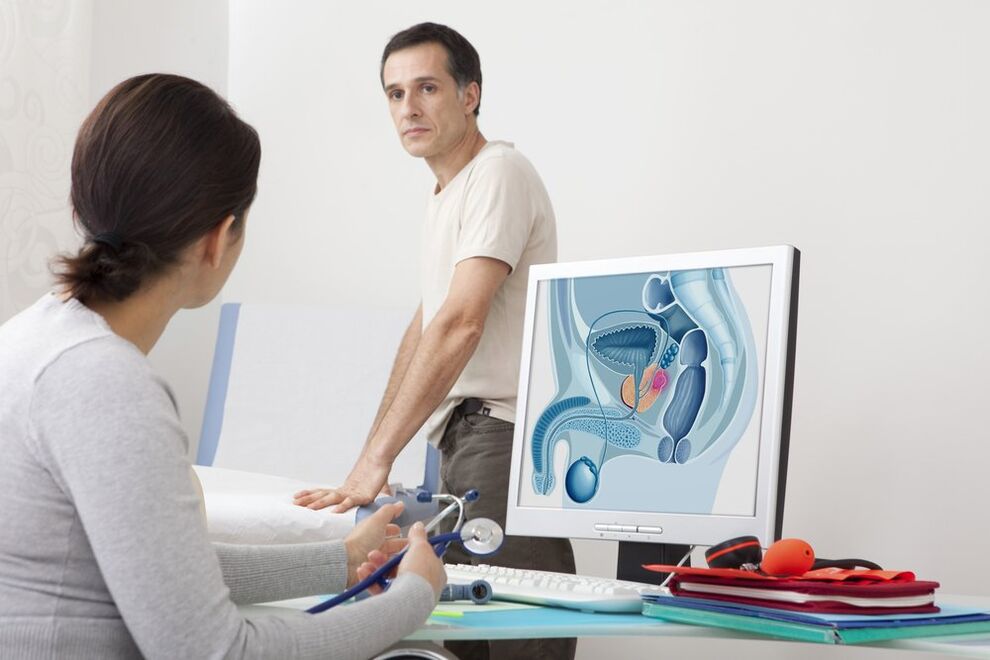
Prostatitis is one of the common inflammatory diseases of the male reproductive system, in which the prostate gland is affected. Usually, this disease is detected in men with an active sex life.
Usually, prostatitis is contagious, but there are exceptions. If left untreated, such a condition can lead to secondary damage to the testicles, bladder, kidneys, etc. v. In this article, we will talk about what drugs are used for prostatitis.
To begin with, we note that any drug can be used only when prescribed by a doctor. Self-treatment of prostatitis is unacceptable.
Antibacterial drugs

In the case of prostatitis associated with the bacterial flora, antibiotics are prescribed, selected based on the sensitivity of the pathogen.
In this case, fluoroquinolones, penicillins, cephalosporins and other antibacterial groups can be used.
In 2016, scientists from People's Friendship University published a paper, the results showed that fluoroquinolones are the drug of choice in the treatment of chronic prostatitis, due to its efficacy and safety. all of them.
alpha blockers
When there is urinary disturbance due to prostatitis, the patient is prescribed alpha-blockers.
By blocking alpha-1-adrenergic receptors in the tissues of the prostate, urethra, and bladder, these drugs reduce pressure in the urethra, reducing resistance to urine flow and the normalnormalize urination.
The use of the drug is prohibited in case of hypersensitivity, severe violations of the functions of the kidneys and liver, orthostatic hypertension in history.
herbal remedies
As part of a complex treatment for prostatitis, a variety of herbs may also be used.
One of the representatives is tablets and oral extracts based on St. John's wort and golden tree, licorice root, echinacea rhizome.
According to the manufacturers, this drug has an anti-inflammatory and analgesic effect, improves microcirculation in the tissues of the prostate gland and normalizes urination. It also has antibacterial activity against staphylococci and streptococci, enterococci.
The main indication for the use of this drug is chronic nonspecific prostatitis.
As a contraindication, individual hypersensitivity and acute glomerulonephritis should generally be considered.
Non-drug method
In addition to medication, various non-pharmacological methods are widely used to treat prostatitis. Including:
- Prostate massage;
- laser therapy;
- therapeutic ultrasound;
- Electrical stimulation and more.

























